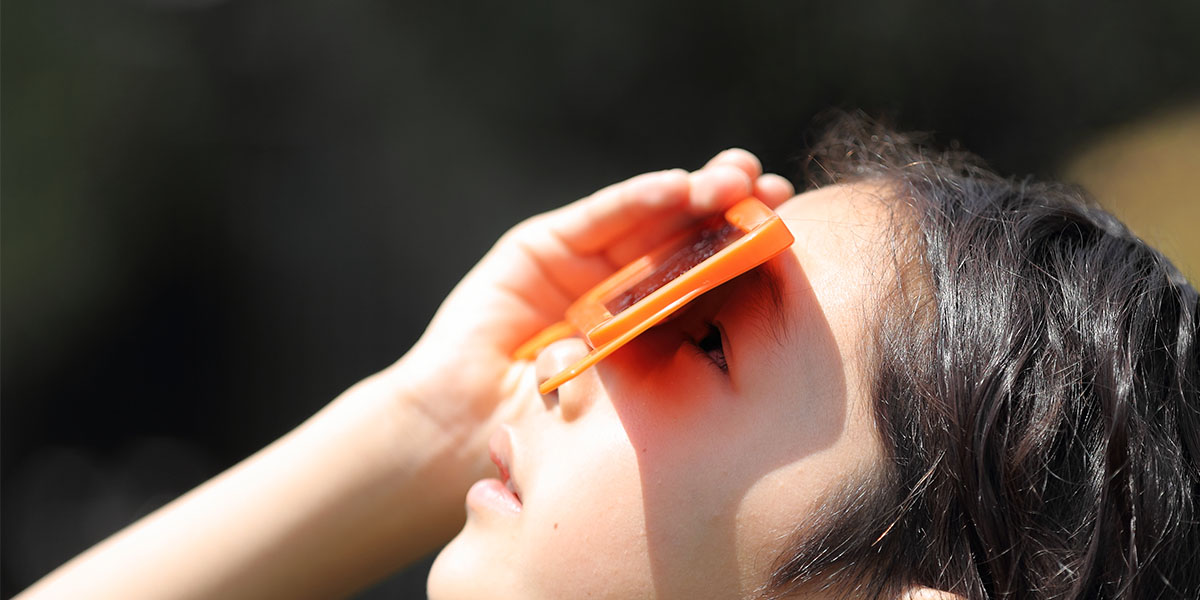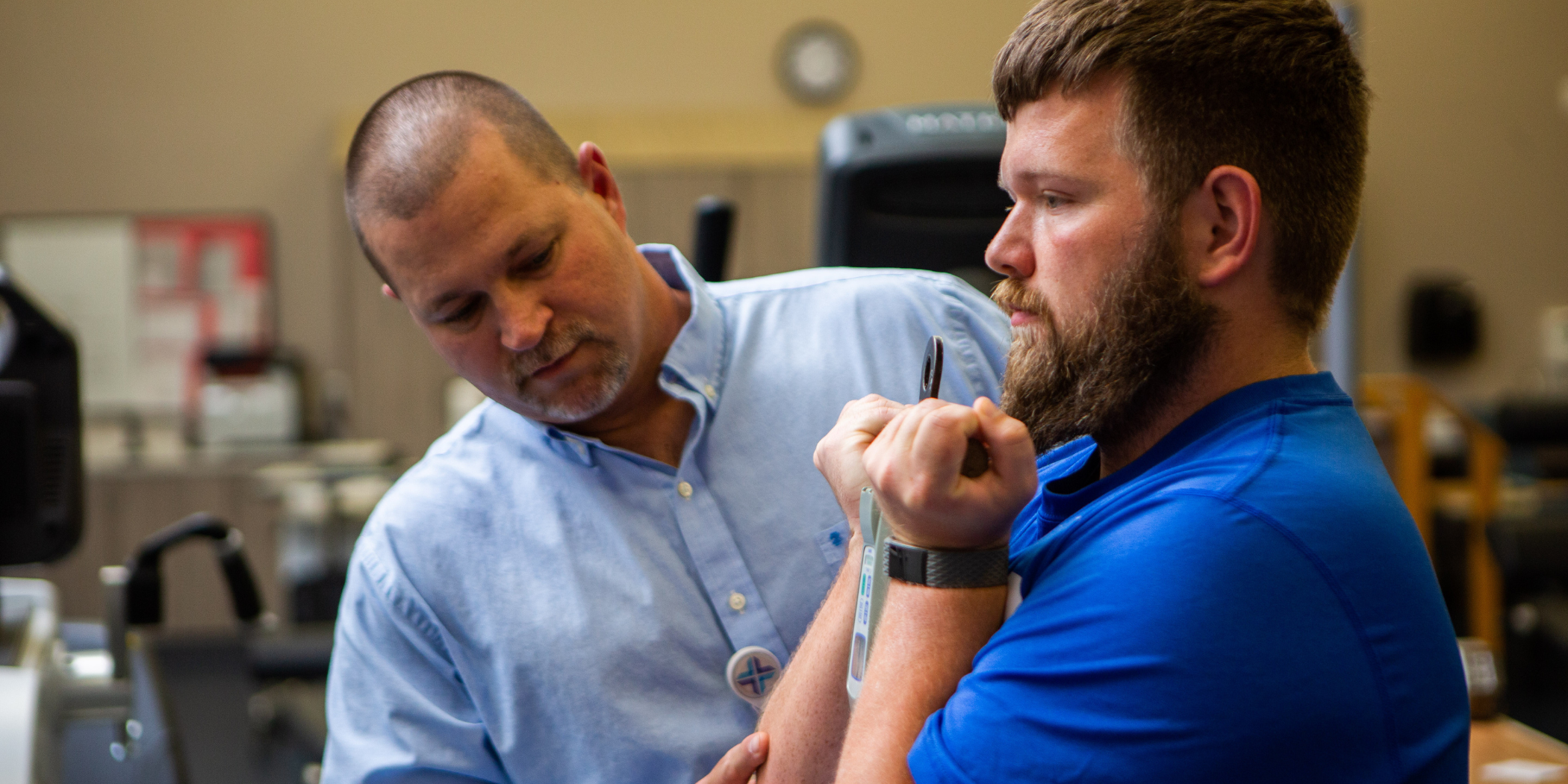
Keep your eyes safe during an eclipse
In ancient times, a total solar eclipse was something to be feared. The Vikings believed it to be a wolf swallowed the sun. They made as much noise as they could until the sun returned.
Ancient Greeks believed that a total eclipse meant that the sun died and an evil mist spread over the world. This belief even caused a truce to be formed during a battle.
But in 2017, eclipses are nothing to fear—unless you look directly into the sun and harm your eyes.
On Monday, Aug. 21, the United States will experience a total eclipse of the sun. The only safe way to watch as the moon begins to cover the sun is through eclipse glasses. These glasses are stronger and safer than homemade filters or ordinary sunglasses.
Here are some things to remember during the eclipse:
- Stand still and cover your eyes with the eclipse glasses or a solar viewer before looking up at the sun. Then, don't remove the eclipse glasses until you are looking away from the sun.
- Do not look at the partially eclipsed sun with an unfiltered camera, telescope, binoculars or other device.
- If you have a solar filter for your device, the filter must be attached in front of the lens.
- Only remove your solar filter or eclipse glasses when the moon completely covers the sun's face and replace them as soon as totality ends.
- Supervise children to make sure they are using their eclipse glasses or solar filters correctly.
What happens to your eyes if you look at a solar eclipse?
On a normal day, you wouldn't stare directly at the sun for long periods, would you? If you stare at the sun for too long without the proper eye protection, the sun is strong enough to burn your retina, causing you to lose your eyesight.
Is there anything else I need to know?
If you are driving during a solar eclipse, keep your eyes on the road. It will be tempting to pull off the road or slow down while driving, but don't.
Department of Transportation officials advise to drive like you are traveling at night—using your headlights, not stopping and not wearing opaque sunglasses while driving.
A solar eclipse is a rare event to experience and enjoy. Be sure to protect your eyes so it doesn't become something to fear!











